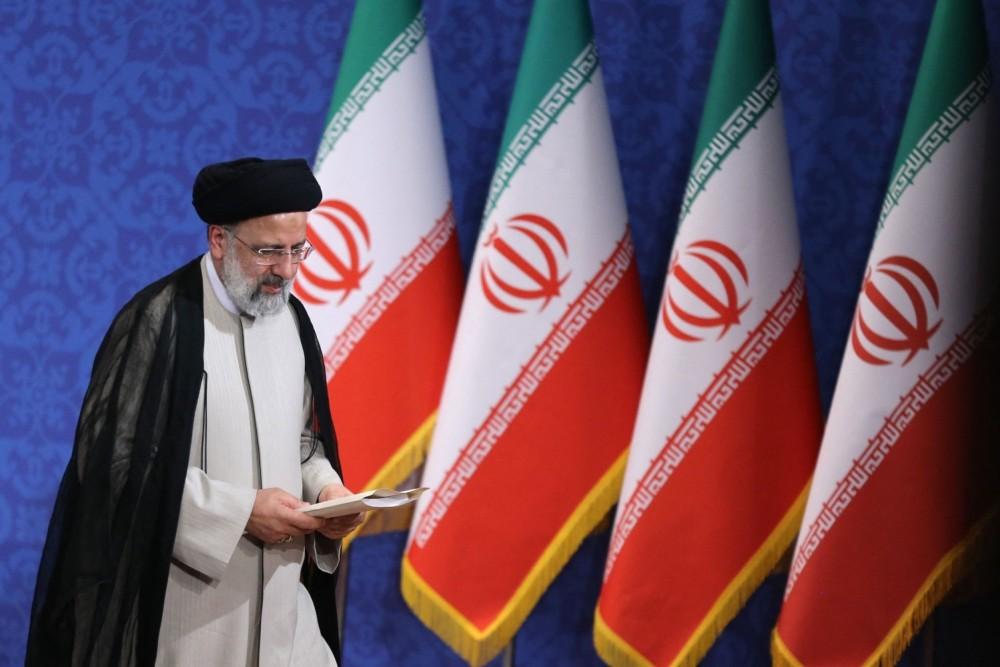Africa-Press – Gambia. Negotiators are scrambling to forge a new path forward—but many challenges stand in their way.Here is today’s Foreign Policy brief: Western officials struggle to revive the Iran nuclear deal, Indian Prime Minister Narendra Modi and Russian President Vladimir Putin meet, and Myanmar’s military junta sentences Burmese politician Aung San Suu Kyi.
If you would like to receive Morning Brief in your inbox every weekday, please sign up here.
Nuclear Talks Stall Under Iranian Demands
After a week of tense negotiations to revive the 2015 Iran nuclear deal, officials were forced to suspend talks on Friday, raising key questions about whether the agreement can still be salvaged.
Negotiators clashed over critical issues in Vienna, including U.S. sanctions and the Raisi administration’s new hard-line stance. Western officials accuse Tehran of reneging on earlier concessions and proposing unacceptable alterations to the deal while simultaneously advancing its nuclear program. “Iran right now does not seem to be serious about doing what’s necessary to return to compliance, which is why we ended this round of talks in Vienna,” said U.S. Secretary of State Antony Blinken. “We will see if Iran has any interest in engaging seriously.”With talks expected to resume later this week, officials are now scrambling to forge a new path forward—but many challenges stand in their way.
Sticking points. For an agreement to be made, Tehran insists Washington must first lift all sanctions, including ones unrelated to its nuclear program. It also wants keep the investments it has made in nuclear projects—and have a guarantee that the United States will not abandon the agreement again.
But European negotiators say these requirements are irreconcilable with the terms of the original deal. “Iran is breaking with almost all of the difficult compromises crafted in months of tough negotiations and is demanding substantial changes to the text,” diplomats from Britain, France, and Germany said in a joint statement.Next steps? For now, officials are preparing for the worst. Washington is now bracing “for a world in which there is no return” to the deal, according to a senior State Department official. If a final agreement is not struck, U.S. officials are preparing to add sanctions or resort to other diplomatic tools, including isolating the regime.
There is also another option: a partial nuclear deal. Western officials have weighed offering Tehran slight sanctions relief in exchange for scaling back of its nuclear projects, similar to a pact that was made in 2013. But Iranian negotiators have rejected such an idea, and Israel has warned that such a deal would only reward Tehran for its behavior and “nuclear blackmail.”
As negotiations stall, frustration is mounting. “What Iran can’t do is sustain the status quo of building their nuclear program while dragging their feet on talks,” Blinken said. “That will not happen.”
For More News And Analysis About Gambia Follow Africa-Press






